Science-Informed Artificial Intelligence
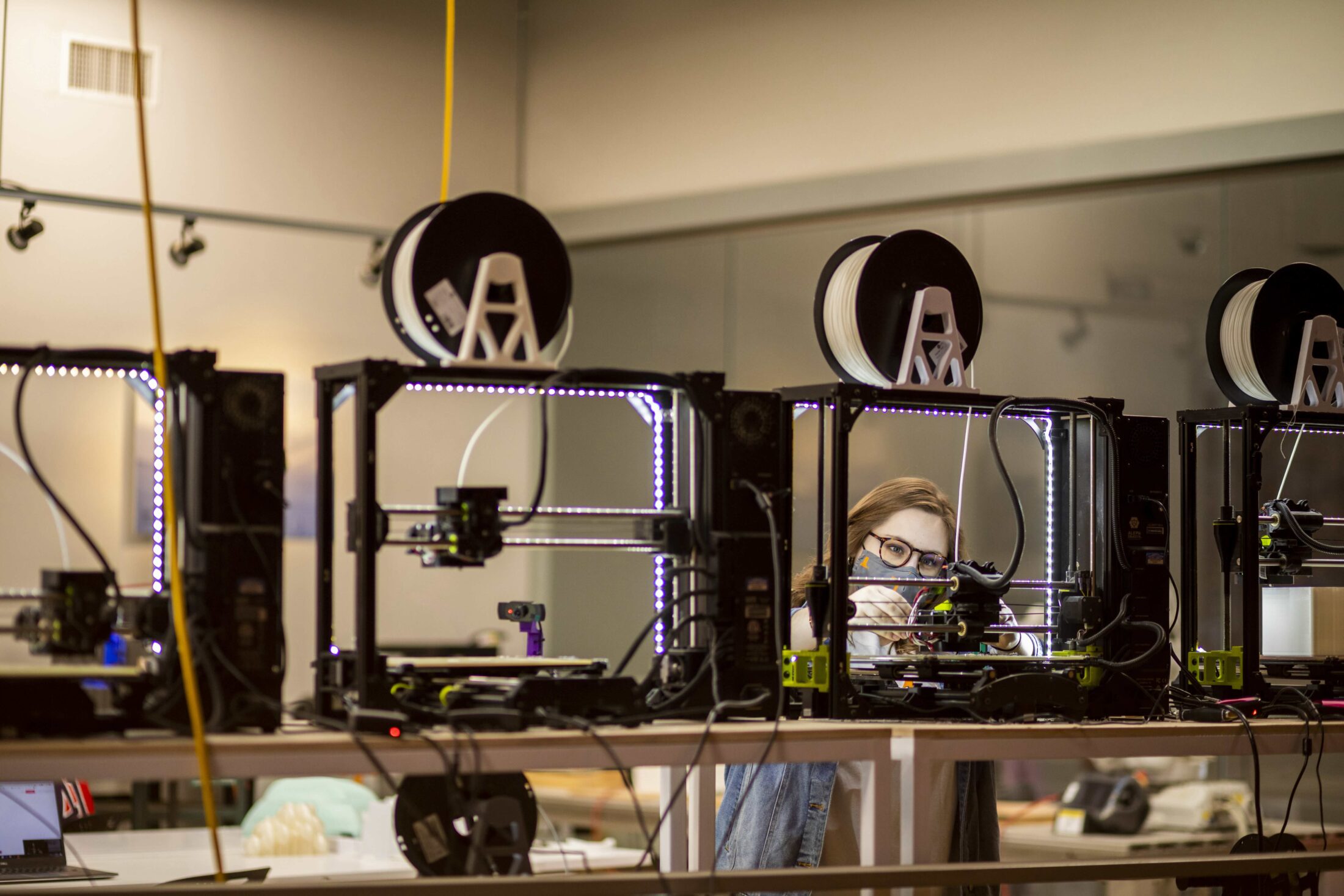
Pushing the boundaries of AI in science and engineering to redefine technology
Cluster Goals
As the US government seeks to strengthen domestic manufacturing and supply chains, it is also making enormous investments in research and development to gain and sustain leadership in artificial intelligence. At the University of Tennessee, Knoxville, experts in the mathematics, sciences, and engineering disciplines of AI have joined forces to seize this unique opportunity to advance these national priorities, starting here in Tennessee.
The vision of UT’s Science-Informed AI cluster is to lead in these areas by advancing science-informed AI in intelligent engineering systems. We will focus specifically on innovations within additive manufacturing and hypersonic defense. These systems, which align with the university’s strengths and priorities, generate multimodal, multiphysics data that challenges today’s state-of-the-art AI.
We will address the grand challenge of developing foundational multiscale, multimodal models for AI that respect the physical laws and chemical properties governing underlying processes. We’re taking up this challenge as we build a critical mass of high-caliber researchers ready to lead multi-investigator, multimillion-dollar projects—and ready to make an impact in Tennessee and beyond.
Cutting-Edge Collaboration
We’re connecting experienced leaders and rising stars from fields including:
- Mathematics and statistics
- Data science and machine learning
- Physics
- Chemistry
- Industrial and systems engineering
- Mechanical and aerospace engineering
- Computational sciences
- Quantum computing
Ready to take the next step?
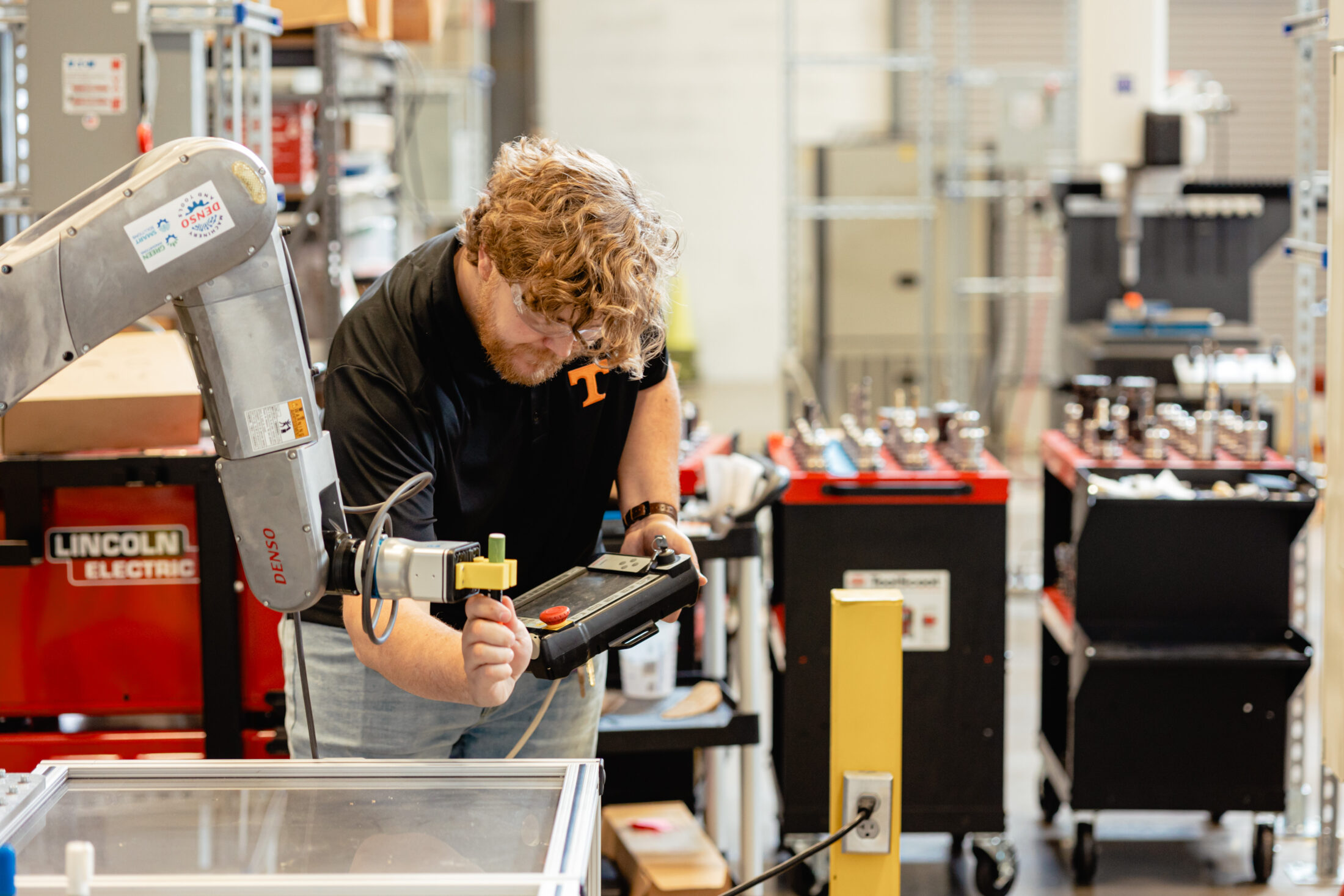
Why UT?
This cluster is driving AI innovation by integrating science principles with a focus on transforming smart manufacturing and hypersonic systems—key areas that resonate with the university’s long-term vision. By advancing expertise in these high-impact fields, the cluster aims to propel UT to the forefront of innovation, creating bold opportunities for faculty to shape the future and redefine what’s possible.
Partnering with Oak Ridge National Laboratory, UT is transforming Tennessee into a hub for advanced materials and manufacturing. The cluster will leverage world-class resources at UT’s Center for Advanced Materials and Manufacturing and collaborate with the Ohio State’s Hybrid Autonomous Manufacturing, Moving from Evolution to Revolution (HAMMER) Engineering Research Center. Additionally, UT Knoxville’s cutting-edge lab upgrades, funded by the Air Force Research Laboratory, will position the university at the forefront of defense hypersonic systems research.
In tandem with the Foundational AI cluster, the cluster will enhance UT’s leadership in AI research, education, and workforce development. Collaborating with the UT –Oak Ridge Innovation Institute and the UT-led AI Tennessee Initiative, we will create a powerful framework for impactful research and innovation.
Looking forward, the cluster aims to extend its collaborations into neutron sciences, health sciences, and other fields, leveraging AI to address global challenges and solidifying UT’s role as a leader in transformative research.
Join Our Academic Community
Explore the links below to learn more about open positions. Contact the faculty lead if you don’t see an open position aligned with your skill set or if you’re a current UT faculty member who wants to get involved.
Hiring Colleges
Cluster Positions
Filled
Soham Das Assistant Professor
Focus: Large-scale optimization
Hiring Unit:
Filled
Sayan Bannerjee Assistant Professor
Focus: Chemistry-informed machine learning
Hiring Unit:
Filled
Ling Liang Assistant Professor
Focus: Physics-informed machine learning
Hiring Unit:
Filled
Zachary Nicolaou Assistant Professor
Focus: Fundamental physics with artificial intelligence
Hiring Unit:
Filled
Di Zhou Assistant Professor
Focus: Applied scientific machine learning
Hiring Units:
Meet Our Cluster Community
Faculty Lead
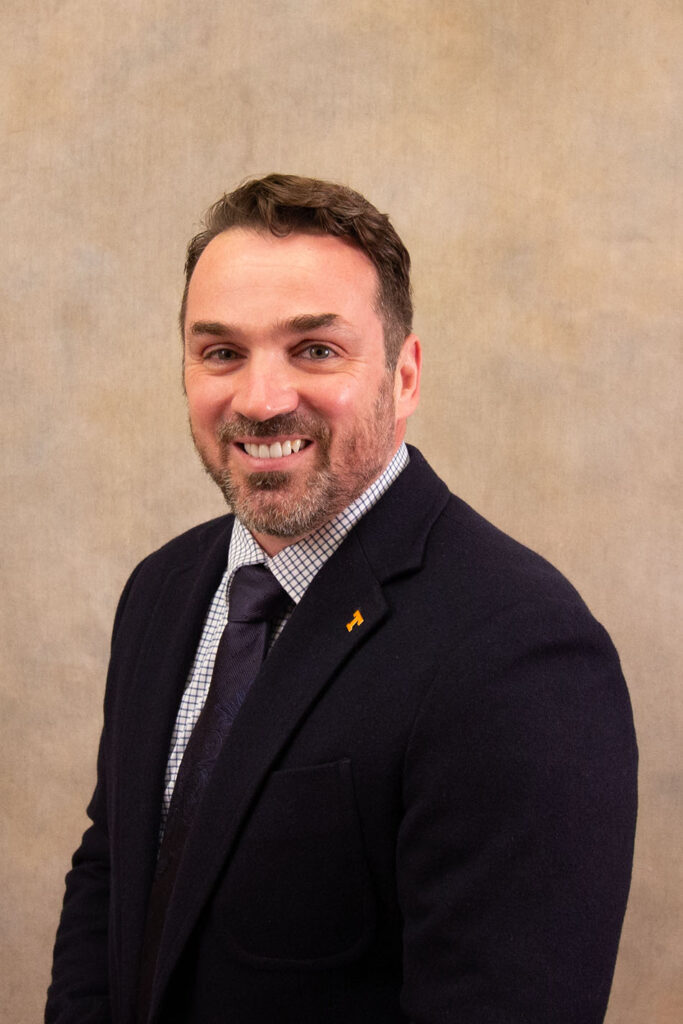
Vasileios Maroulas
Professor of Mathematics, College of Arts and Sciences; Associate Vice Chancellor for Research; Director, AI Tennessee Initiative
Phone: 865-974-4302
Email: vasileios.maroulas@utk.edu
Faculty
-
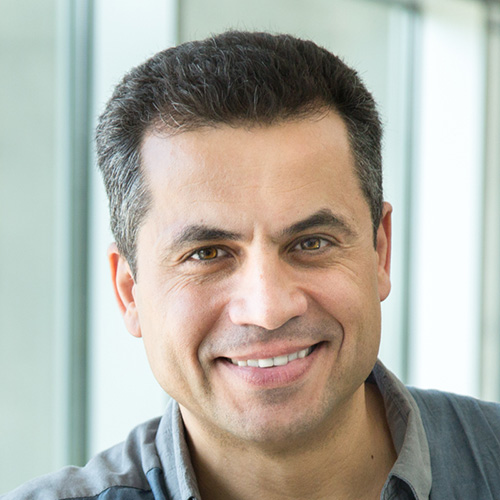
Lincoln Chair Professor, Theoretical Condensed Matter Physics
theoretical physics with emphasis in strongly interacting electron systems
-
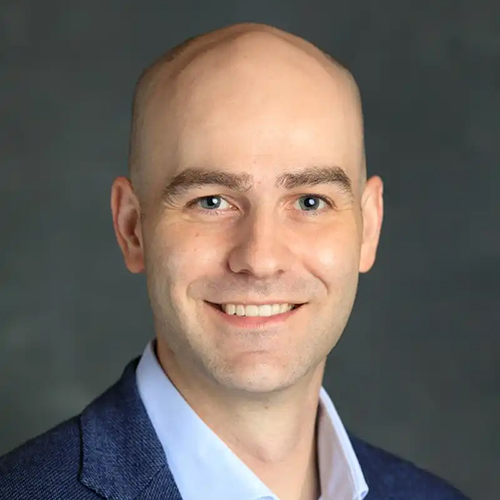
Professor & Department Head, Physics
quantum entanglement, quantum nanofluidics, wetting and adsorption, algorithmic development for the quantum many-body problem, quantum phase transitions
-
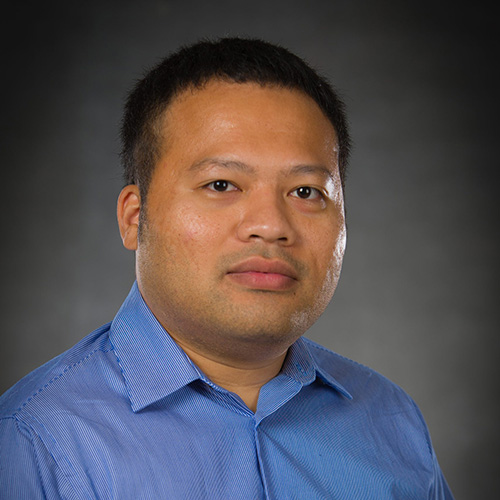
Assistant Professor, Chemistry
combining ion-mobility mass spectrometry, mass spectrometry imaging, computational modeling
-
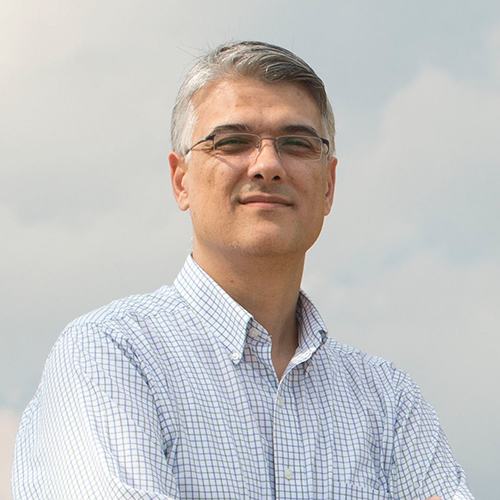
John W. Fisher Professor and Department Head; Mechanical, Aerospace & Biomedical Engineering
computational fluid dynamics, wind turbine aeroelasticity, turbomachinery, fluid-structure interactions in nuclear reactors, flapping flight, rotorcraft aerodynamics
-
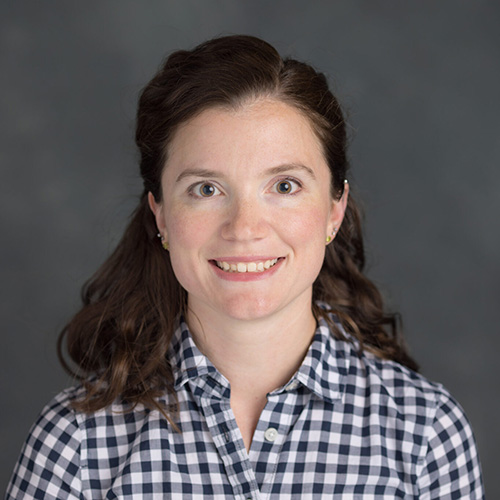
Assistant Professor, Industrial & Systems Engineering
quantum optimization algorithms, graph theory games
-
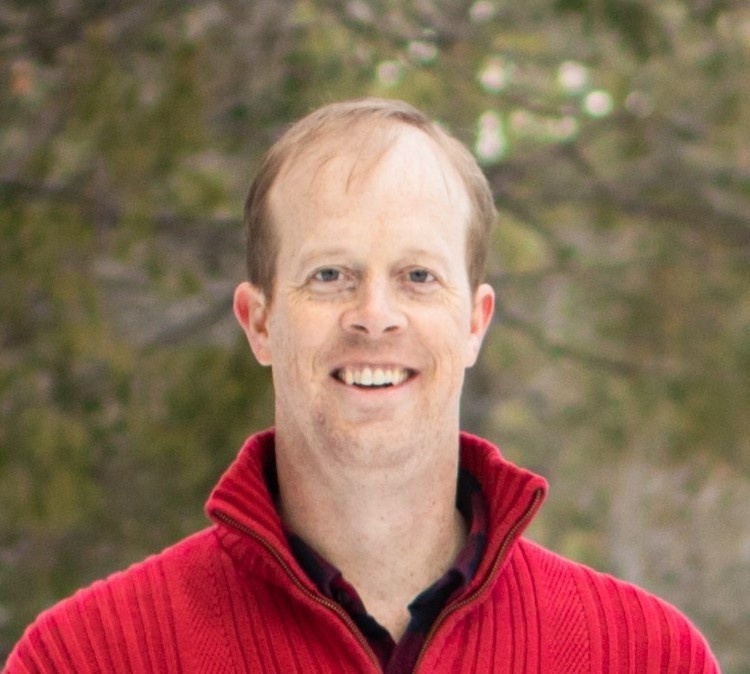
Associate Professor; Department of Mechanical, Aerospace, & Biomedical Engineering
machine learning for manufacturing processes
-
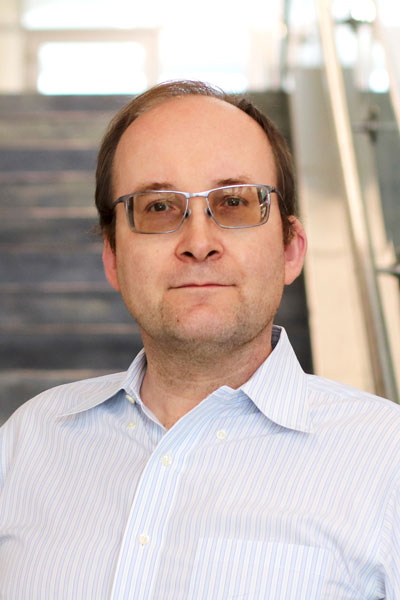
Weston Fulton Professor, Materials Science & Engineering
applications of machine learning and artificial intelligence for physics extraction from the atomically-resolved and mesoscopic imaging data
-
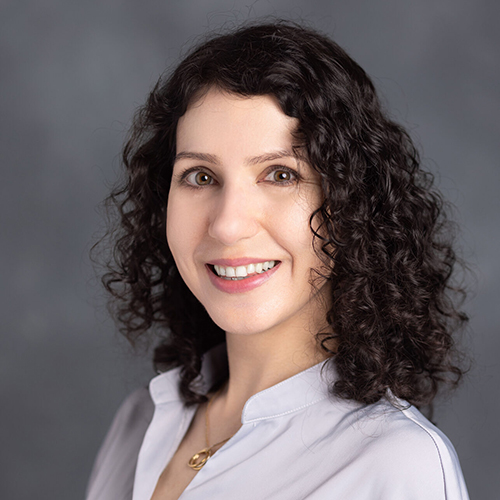
Associate Professor, Industrial & Systems Engineering
Markov decision processes, dynamic programming, predictive analytics, reinforcement learning, time series analysis, anomaly detection
-

Associate Professor, Mathematics
advanced machine learning, deep learning methods for drug design
-
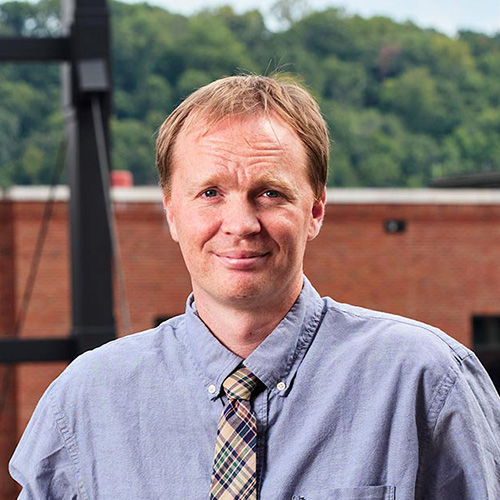
Dan Doulet Faculty Fellow, Professor, Associate Department Head, & Director of Graduate Studies; Industrial & Systems Engineering
integer programming, stochastic programming, non-linear programming, combinatorial optimization, power systems, scheduling problems, energy markets
-
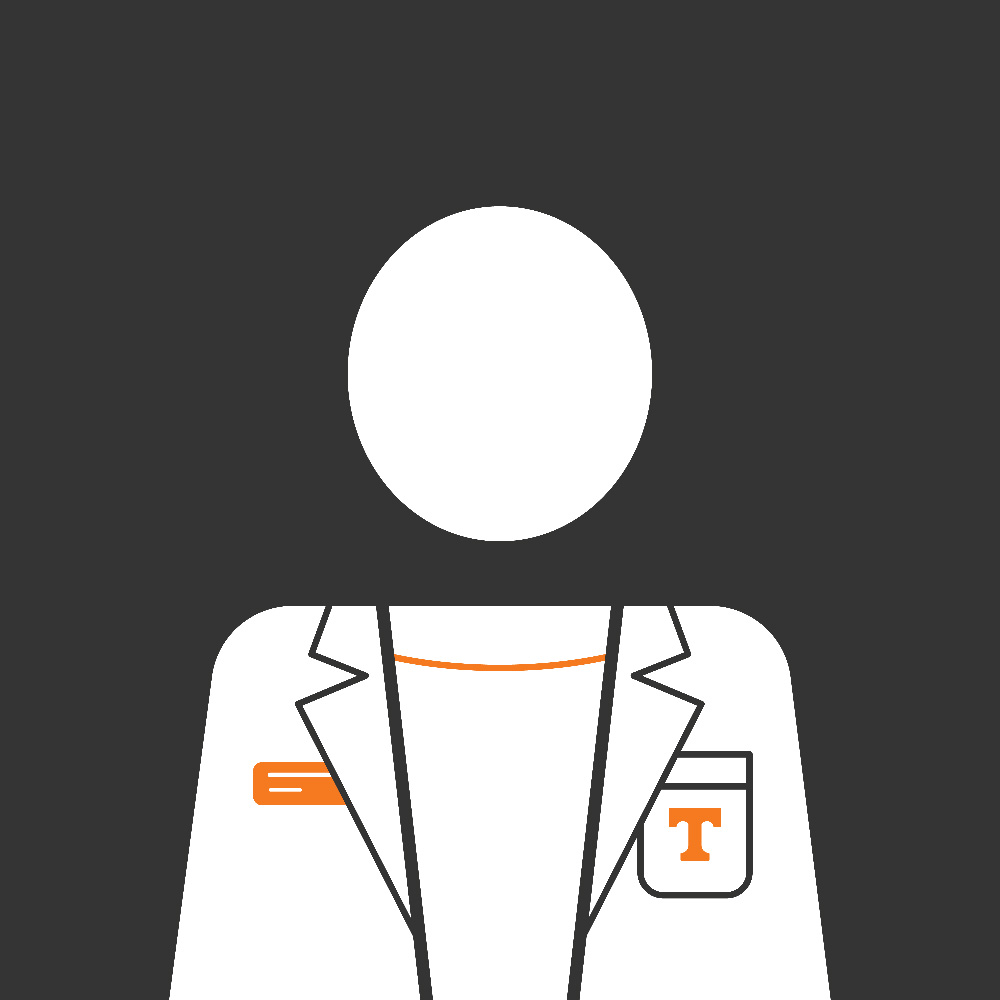
Associate Professor; Mechanical, Aerospace, & Biomedical Engineering
scientific machine learning, digital twins, artificial intelligence, data assimilation, high performance computing, fluid dynamics and turbulence
-
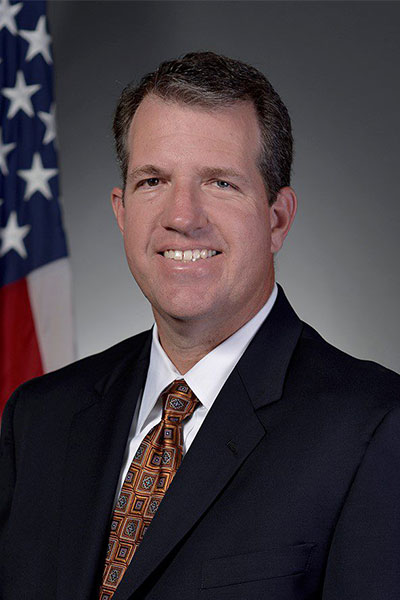
Executive Director, UT Space Institute
hypersonics, aerospace engineering, defense capabilities
-
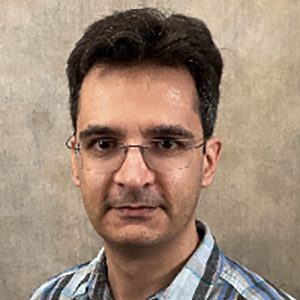
Assistant Professor, Mathematics
data modeling and interpretation, bayesian nonparametrics, computational statistics, biomedicine, single molecule biophysics/biochemistry
-
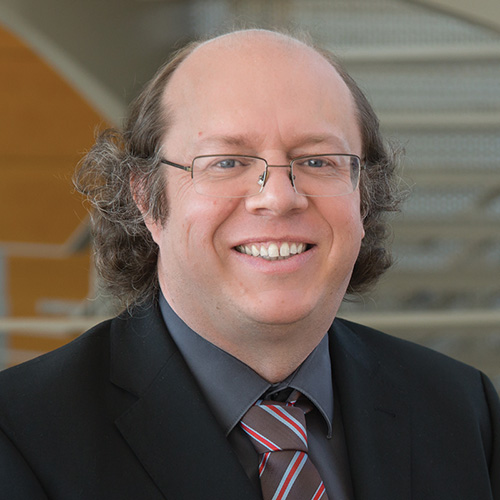
Professor, Experimental Condensed Matter Physics
exploring quantum magnetic phenomena using neutron scattering
-
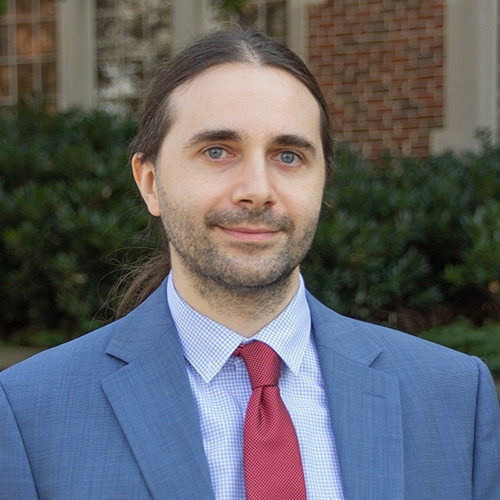
Associate Professor, Chemistry
computational methods based on electronic structure theory and artificial intelligence for describing chemical systems relevant to clean, green technologies
-
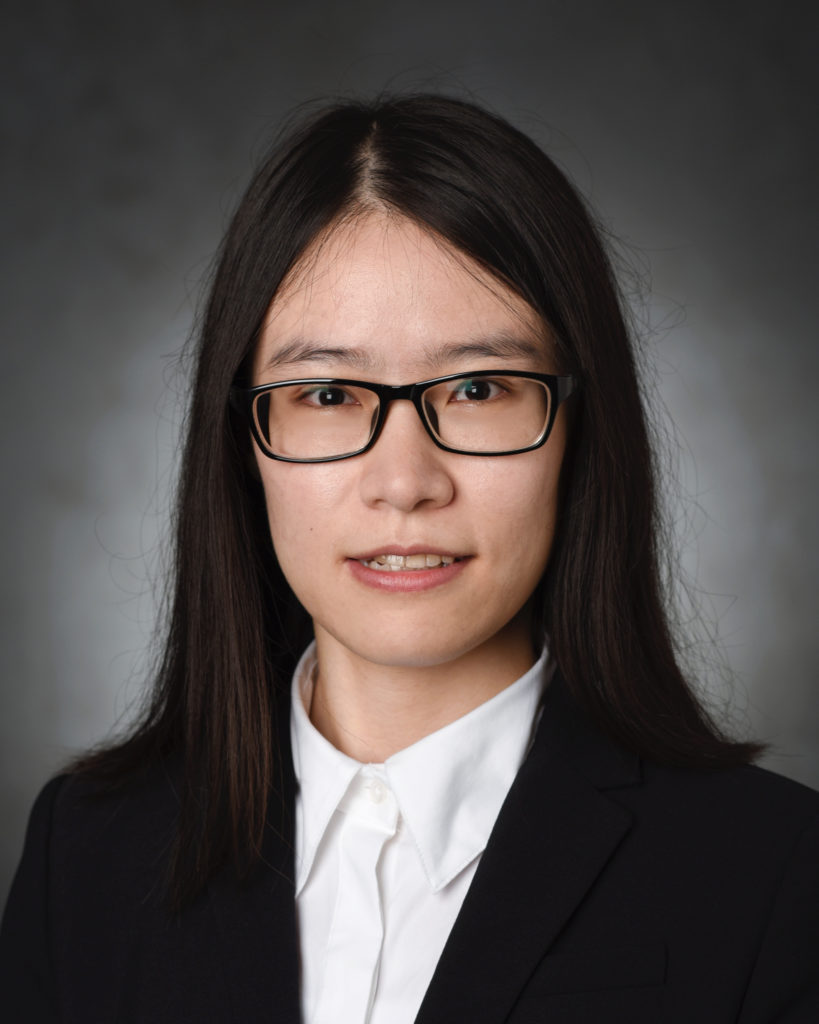
Dan Doulet Early Career Assistant Professor, Industrial & Systems Engineering
developing innovative physical-statistical models for decision optimization in complex systems